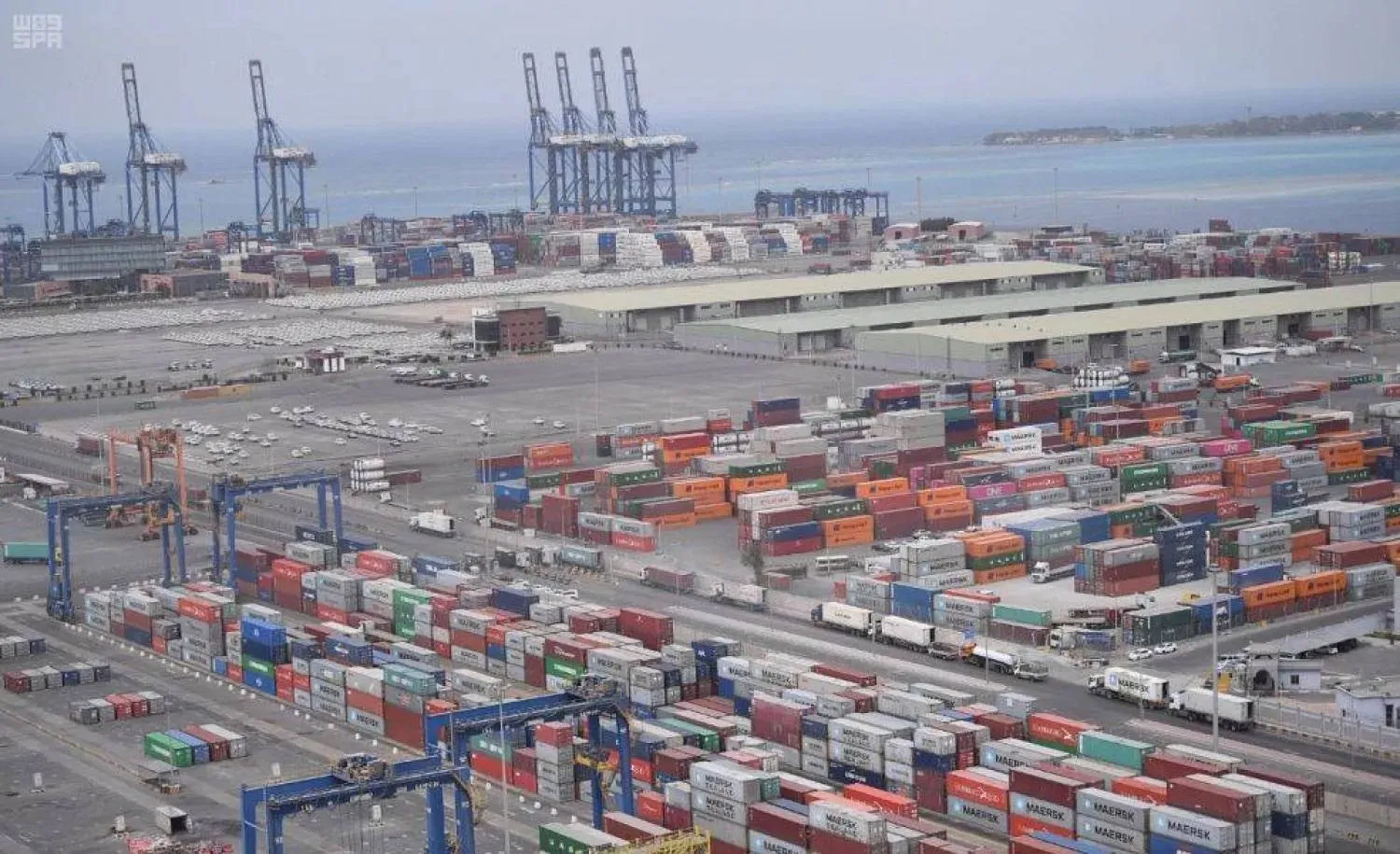Qatar has agreed to supply France's TotalEnergies with natural gas for 27 years, its state energy company announced on Wednesday.
Qatar will supply 3.5 million tons of gas a year under the deal, QatarEnergy said, following two agreements with Total last year for a share of the Gulf state's huge North Field gas expansion project.
"These two new agreements we have signed with our partner TotalEnergies, demonstrate our continued commitment to the European markets in general, and to the French market in particular, thus contributing to France's energy security," Qatari Energy Minister Saad Al-Kaabi said.
Total signed a $1.5 billion deal with QatarEnergy in September last year giving it a 9.3 percent stake in Qatar's North Field South project, the second phase of the field's expansion.
In June 2022, the French energy giant became the first partner in the first phase of the expansion, North Field East, investing more than $2 billion for a 6.25 percent total share.
Deliveries of the gas to southern France are expected to begin in 2026.
"Our commitment to ensure continued and reliable supplies of energy to Europe and the rest of the world is underpinned by our substantial and ongoing investments across the entire gas value chain," al-Kaabi, who is also chief of QatarEnergy added.
Energy security
After Moscow invaded Ukraine last year, European nations have scrambled to replace lost deliveries of natural gas following the withdrawal of Russia from the market.
Under Qatar's North Field expansion of the world's biggest natural gas field, which extends under the Gulf into Iranian territory, Qatar is set to raise its output of liquified natural gas (LNG) by 60 percent or more to 126 million tons a year by 2027.
The main market for Qatari gas has traditionally been found in Asia, led by nations like China, Japan and South Korea.
Qatar's deal with Total is equal in length to those agreed by the China National Petroleum Corporation in June and China's Sinopec in 2022, making it the third such deal, all of which have been the longest in the liquefied gas industry.
Speaking to reporters at the start of construction at the North Field expansion last week, the chairman of TotalEnergies, Patrick Pouyanne, told reporters the North Field Expansion would offer energy security.
"We need more supply. That's clear. Still the market is fragile," Pouyanne said.
"This project is a major one and will give some relief to this market," he added.
Britain's Shell, Italy's ENI and US giants ConocoPhillips and ExxonMobil have also signed deals to partner in the expansion.
Qatar is one of the world's top LNG producers, alongside the United States, Australia and Russia.
Qatar Energy estimates the North Field holds about 10 percent of the world's known natural gas reserves.









